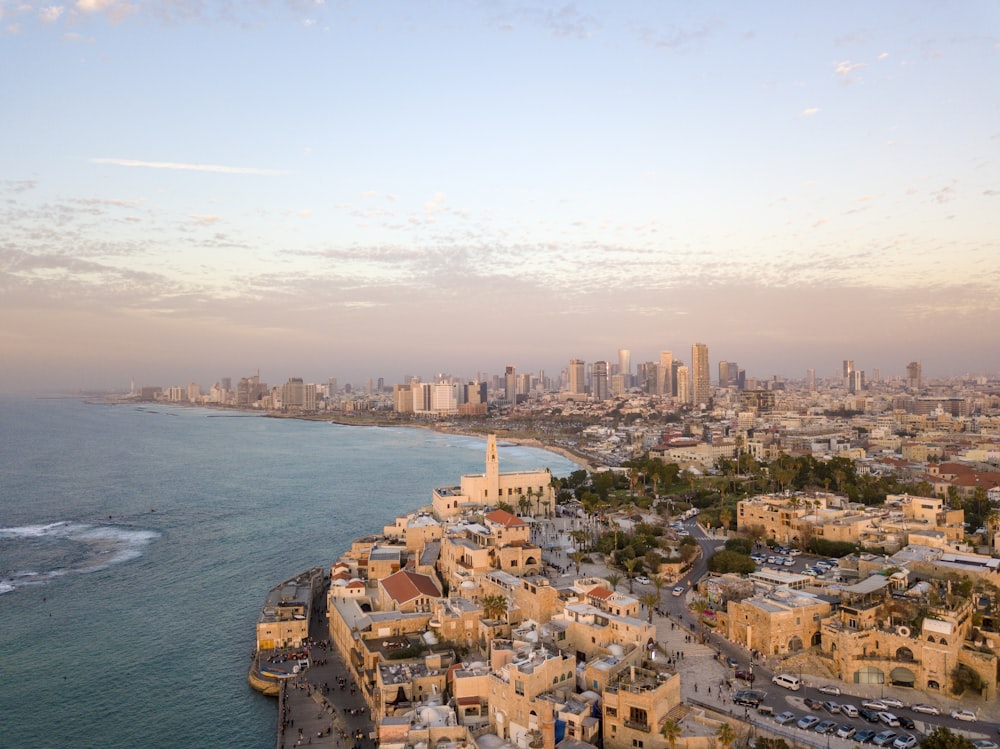
Statistics show that life expectancy in Israel is one of the highest, and infant mortality is one of the lowest in the world.
The healthcare system in Israel
The Israeli health care system is based on four major health insurance providers known as sick funds. They are as follows:
Clalit
Clalit is the oldest and largest sick fund. It has been operating since 1911 and serves more than half of the population. Clalit medical facilities are widespread throughout the country. But due to a large number of patients, it is sometimes difficult to make an appointment.
Leumit
In recent years, Leumit has been actively engaging highly qualified private practice specialists and offers its clients the best supplemental insurance program in the country, which, however, has a high cost of services.
Maccabi
Maccabi attracts the most qualified doctors for cooperation, but the insurance in this sick fund is the most expensive in the country, and there are few free services.
Meuhedet
Meuhedet is positioned as a sick fund of instant service, as well as the most affordable fund. The main disadvantage is that the Meuhedet hospitals are not available in all settlements of the country.
Each of the health insurance funds has its specialists. There are laboratories and clinics. If a procedure or operation is not carried out within the framework of the health insurance fund, the patient will be referred to a public or private hospital. The cost of the procedure will be fully or partially covered by the health insurance fund. In addition to the health insurance system, the patient has the opportunity to take out additional private insurance.
There are special insurance programs for foreigners in Israel on a tourist or work visa. If necessary, non-residents can contact a private clinic. The patient will be admitted to almost any hospital, but the cost of treatment will be quite high.
Israel doctors
High professionalism, commitment to excellence, and dedication to patients are just some of the strengths of Israeli doctors. The Israeli Ministry of Health carefully controls the process of qualifying doctors. After graduating from the medical faculty and receiving a license to practice, doctors continue more in-depth training and residency in prestigious foreign institutions.
It may take 6-7 years before a doctor is licensed as a specialist in a particular field of medicine. But, the process of advanced training does not stop there either. Israeli specialists participate in international congresses and research and also take courses abroad. Many Israeli specialists with 10-15 years of clinical experience behind them are the authors of scientific articles published in prestigious international journals and chapters in medical textbooks.
Emergency medical care in Israel
In Israel, there are public and private organizations that provide emergency medical services to both citizens of the country and foreigners. The main public organization receiving government support is Magen David Adom (MDA). In addition to paramedics, Magen David Adom employs about 10,000 volunteers.
Ambulance and emergency medical services in Israel: 101.
Ambulance transportation services in Israel are paid but can be partially or fully reimbursed if a decision is made to hospitalize the patient upon arrival at the hospital.
Hospitals and clinics in Israel
Medical institutions in Israel can be owned by the state, municipalities, individuals, or public organizations. Healthcare in Israel is the second-largest expenditure item in the state budget. The allocated funds are used to equip state medical institutions and improve the qualifications of doctors working there.
There are now about 50 public hospitals and general clinics in the country. Israeli public health facilities are focused on the right to equal health care for all patients. At the same time, none of the patients can choose the attending physician or the ward during hospitalization, and medical services are provided only on a first-come, first-served basis.
Many leading surgeons in public hospitals also operate in private clinics. So those who do not want to wait for their turn at a public medical institution or want to see a specific doctor can take advantage of additional health insurance or pay for the treatment themselves.
In private clinics, both Israelis and foreigners can choose a doctor and receive a full range of medical services at the highest standards.
Treatment in a private clinic includes the latest equipment, a specialized team of doctors and nurses, and a separate ward. However, not all types of treatment and diagnostics are possible in a private clinic. For example, treatment of kidney disease or leukemia, bone marrow, liver, and kidney transplants are carried out only in public hospitals: the equipment necessary for this is only there.
Prevention and spa treatment in Israel
Israeli citizens have access to regular examinations and tests for dangerous and age-related diseases. In Israel, on the coast of the Dead Sea, many preventive and therapeutic sanatoriums are concentrated, which are popular both among Israelis and among foreigners who come to the country for treatment.
Many sanatoriums are also located near mud and mineral springs or salt grottoes. For example, the Khamei Tiberias resort on Lake Kinneret is very popular with patients from all over the world. It is famous for its 17 mountain mineral springs. Here, diseases of the circulatory and nervous systems are treated.

